When it comes to choosing flooring options for residential or commercial spaces, ceramic tile and porcelain tile are two popular choices. Both materials offer durability, aesthetics, and easy maintenance. However, there are key differences that warrant deeper consideration. In this article, we will delve into the pros and cons of ceramic tile and porcelain tile flooring, aiding you in making an informed decision. 1. Composition and Durability: Ceramic Tile: Ceramic tiles are made from natural clay mixed with other materials like sand. They are kiln-fired and usually have a glazed protective layer on top. While ceramic tiles are suitable for dry areas, they may not be as durable in high-traffic zones. Porcelain Tile: Porcelain tiles are composed of finer clay particles and are fired at higher temperatures. This process results in a denser and harder material, making them more resistant to scratches, stains, and wear. Porcelain tiles are suitable for both residential and heavy commercial use. 2. Water Absorption and Moisture Resistance: Ceramic Tile: Ceramic tiles tend to have higher water absorption rates, typically ranging from 5% to 10%. Due to their inherent porosity, they may not be the best choice for consistently wet areas, such as bathrooms or entryways.
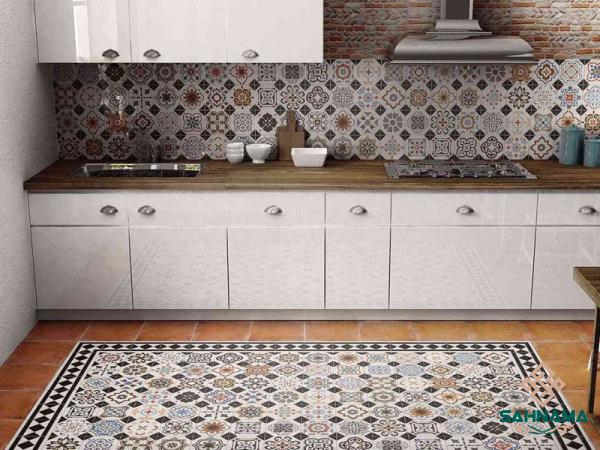
.
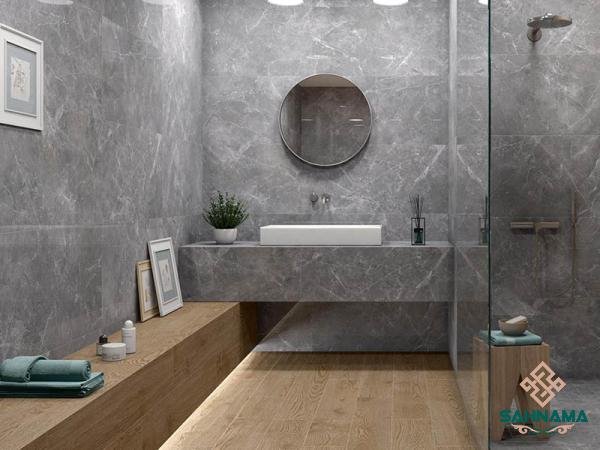 Additionally, freezing temperatures may cause ceramic tiles to crack over time. Porcelain Tile: Porcelain tiles have a lower water absorption rate, usually below 0.5%. This makes them highly resistant to moisture, ideal for areas frequently exposed to water like bathrooms, kitchens, and even outdoor spaces. Furthermore, their resistance to freezing temperatures makes them suitable for all climates. 3. Strength and Resistance: Ceramic Tile: Ceramic tiles are known for their versatility in designs and patterns, making them a popular choice for decorative purposes. However, they might not be as strong as porcelain tiles, making them more prone to chipping and cracking under heavy impact or stress. Porcelain Tile: Porcelain tiles offer superior strength and resistance to heavy impact, making them ideal for high-traffic spaces subjected to intense wear and tear. The material’s hardness and durability make it a viable option for both residential and commercial applications.
Additionally, freezing temperatures may cause ceramic tiles to crack over time. Porcelain Tile: Porcelain tiles have a lower water absorption rate, usually below 0.5%. This makes them highly resistant to moisture, ideal for areas frequently exposed to water like bathrooms, kitchens, and even outdoor spaces. Furthermore, their resistance to freezing temperatures makes them suitable for all climates. 3. Strength and Resistance: Ceramic Tile: Ceramic tiles are known for their versatility in designs and patterns, making them a popular choice for decorative purposes. However, they might not be as strong as porcelain tiles, making them more prone to chipping and cracking under heavy impact or stress. Porcelain Tile: Porcelain tiles offer superior strength and resistance to heavy impact, making them ideal for high-traffic spaces subjected to intense wear and tear. The material’s hardness and durability make it a viable option for both residential and commercial applications.
..
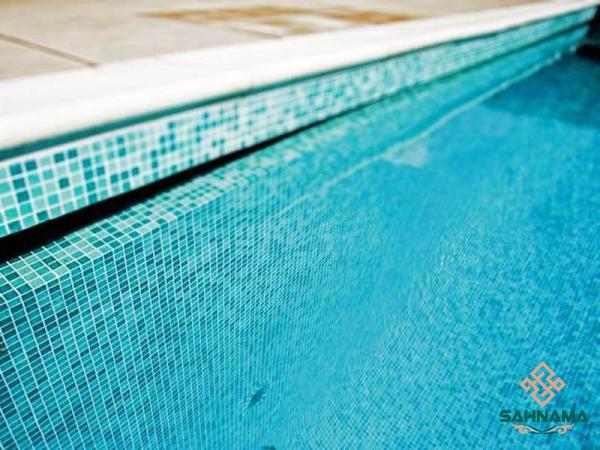 4. Maintenance and Cleaning: Ceramic Tile: Ceramic tiles are relatively easy to clean and maintain due to their smooth surface. Regular sweeping and mopping are sufficient to keep them in good condition. However, the grout lines (the spaces in between the tiles) may require occasional cleaning and sealing to prevent discoloration or water penetration. Porcelain Tile: Porcelain tiles share the same low-maintenance advantages as ceramic tiles. Their hard and impermeable surface makes them resistant to stains and requires minimal effort to clean. Similarly, grout lines need periodic attention to avoid dirt accumulation and discoloration.
4. Maintenance and Cleaning: Ceramic Tile: Ceramic tiles are relatively easy to clean and maintain due to their smooth surface. Regular sweeping and mopping are sufficient to keep them in good condition. However, the grout lines (the spaces in between the tiles) may require occasional cleaning and sealing to prevent discoloration or water penetration. Porcelain Tile: Porcelain tiles share the same low-maintenance advantages as ceramic tiles. Their hard and impermeable surface makes them resistant to stains and requires minimal effort to clean. Similarly, grout lines need periodic attention to avoid dirt accumulation and discoloration.
…
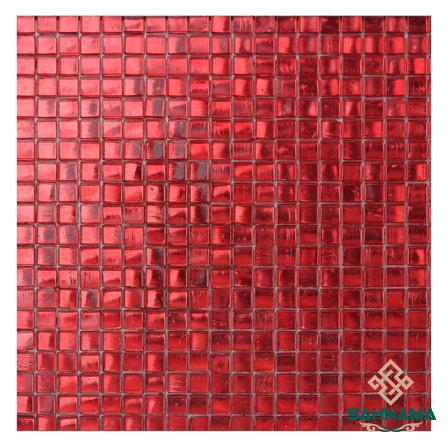 Conclusion: Choosing between ceramic tile and porcelain tile flooring depends on various factors like your specific needs, budget, and area of installation. While ceramic tiles offer a wide range of design options and are suitable for dry areas, porcelain tiles excel in durability, moisture resistance, and strength. Consider your requirements carefully and consult with professionals to make an informed decision that will result in a lasting and visually pleasing floor for your space.
Conclusion: Choosing between ceramic tile and porcelain tile flooring depends on various factors like your specific needs, budget, and area of installation. While ceramic tiles offer a wide range of design options and are suitable for dry areas, porcelain tiles excel in durability, moisture resistance, and strength. Consider your requirements carefully and consult with professionals to make an informed decision that will result in a lasting and visually pleasing floor for your space.

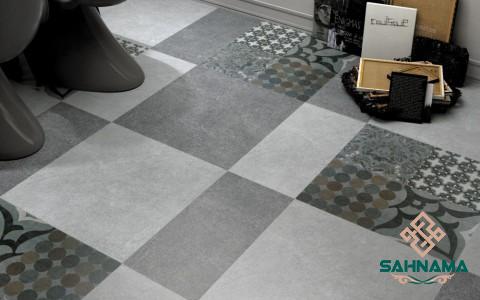

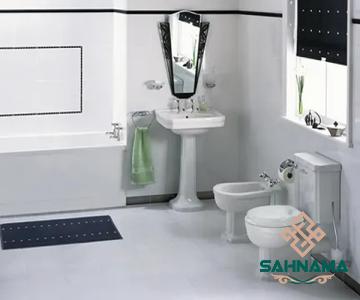
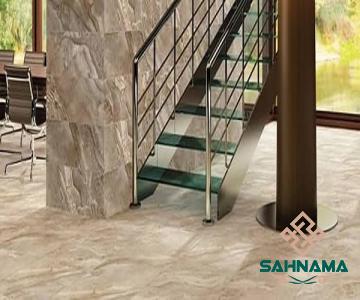
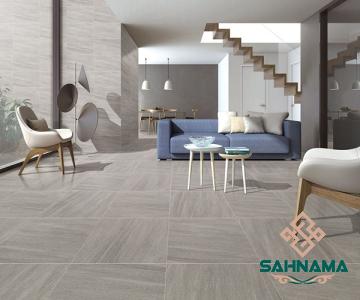
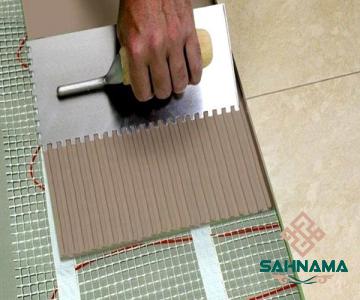

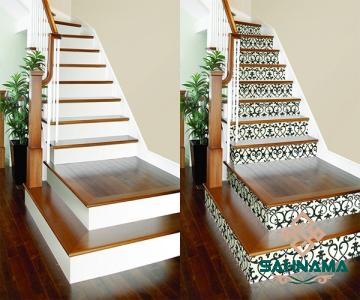
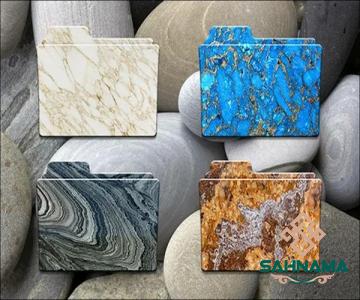

Your comment submitted.